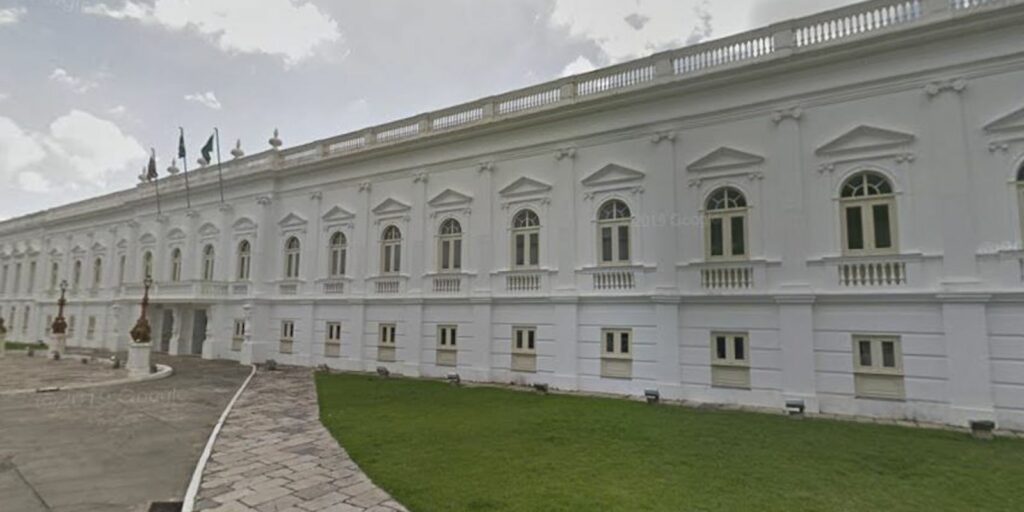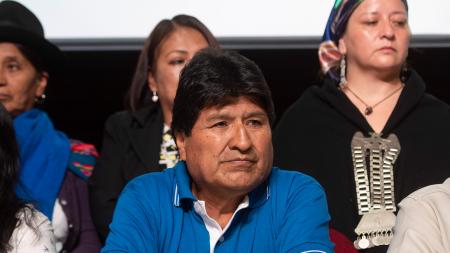December 6, 2022, 8:42 AM
December 6, 2022, 8:42 AM
If you had the great idea of wanting to invest, from Bolivia, in the shares of flagship companies listed on the New York Stock Exchange, the Tokyo Stock Exchange or the Shanghai Stock Exchange, the task will not be easy. You must use an international broker (intermediary) that allows you to trade; that is, the purchase and sale of listed assets with a lot of market liquidity (shares, currencies and futures).
In this regard, the country does not have a great development in the stock market, so information, regulated and authorized intermediaries are scarce, which limits those who seek to ‘play in the big leagues’.
Due to this aspect, according to the analysts consulted, the profile of the average Bolivian investor is traditionalist, who is guided to a great extent by the vox populi, by the advice of the neighbor or the credit officer of a financial institution.
Mauricio Ríos García, an economic analyst, remarked that investing in the long term requires much more than that, it demands effort, knowledge and a tenacity that not everyone has. Although he considers, due to the technological tools, that the Bolivian investor is getting updated, there is still a lot to be done.
Ríos García specified that when investing, the objective of the investment must be very clear, what is to be achieved.
“It is important to calculate the time horizon of your investments and the expectation of their profitability. Next, understand the business. And, finally, knowing that there will be people involved who, by not doing their respective tasks, are going to distort in one way or another the dynamics of their investments. Therefore, everything should be doubted ”, recommended the expert.
Economist Jaime Dunn notes that investing is not the same as saving. Since in a bank one saves with a fixed interest rate that will grow over time and since it is liquid (cash) one can withdraw that savings at any time.
“While investing is having resources in the medium and long term. Money that you are willing to lose. When an investor takes risks, the higher the risks, the higher the returns,” Dunn said.
Gorka Salinas, a financial analyst, pointed out that the most common investments in the Bolivian market tend to be those of the real estate type to seek income via rentals or land to seek appreciation and deposits in the financial system.
“There are few options linked to the stock market (bonds, shares) and the little possibility of making investments abroad means that the spectrum is reduced”, observed the expert.
On the official website of the Bolivian Stock Exchange (BBV), information is provided on the assets in which you can invest. These are the shares, one of the most widespread instruments of the financial markets, it is a typical participation value. Bonds are a typical credit content security. The notes are a credit content security. They represent a proportional part of the collective loan of a company or issuing entity.















